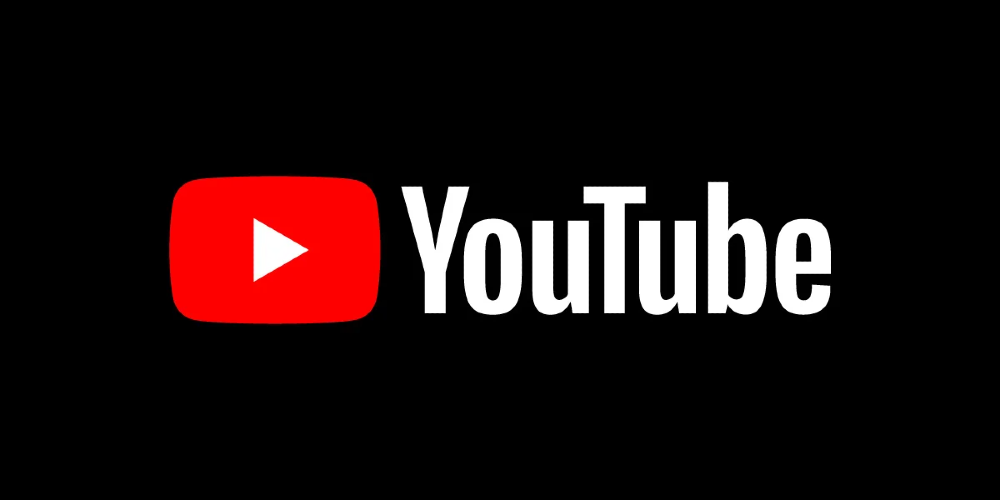
User Dissatisfaction Rises as YouTube Intensifies War on Ad Blockers
- 2023-10-31
The recent backlash to YouTube's increasingly stringent campaign against ad-blocking mechanisms is palpable and growing. As one scrolls through Reddit's YouTube-focused subreddit, r/YouTube, the discontent over this initiative is glaring. Users passionately express their outrage against YouTube’s escalating crackdown on ad-blockers, with some vowing to abandon the platform for other alternative video-sharing services.
This frustration surfaced after YouTube issued warnings to users employing ad-blockers, requesting them to disable the ad blockers or subscribe to YouTube Premium at $14 a month. Such strong-handed approaches have not been well-received, particularly by those who have been regular users of the platform.
There was a user who suggested that if YouTube continues its hard stance on ad blockers, they would simply stop using the platform and turn to other services like Spotify or SoundCloud for music and use YouTube only on their mobile phone. Another user proclaimed a lifelong commitment to using ad blockers, indicating that they have never seen a YouTube ad and have no plans to change that. This sentiment is echoed by thousands of other users who have expressed their displeasure on Reddit regarding YouTube's clampdown.
The roll-out of YouTube's war on ad-blockers was initially a small-scale experiment by Google. Still, now, it seems to have opened up to a broader audience. This is reflected in the uptick in searches for "YouTube ad blocker," as indicated by Google Trends data from around October 10. The trend persists for associated terms like "YouTube ad block" and "YouTube ad blocker."
Many new ad-blocking services have emerged amidst the outrage. Multiple new Google Chrome extensions have been introduced in the subsequent weeks, asserting that they can override YouTube's restrictions. However, the effectiveness of many of these tools leaves much to be desired. Employing other features, such as Privacy Badger, might also land users on YouTube's list of ad-block policy violators.
YouTube maintains that the use of ad-blockers is a violation of their Terms of Service. In a statement on a support page, the video-sharing platform even flagged the possibility of blocking video players if users persist in using ad blockers, hinting at its stern three-strike policy. Considering that advertisements account for the majority of Google's and content creators' revenue on the platform, it is highly unlikely that YouTube would slacken its campaign against ad blockers.
Nonetheless, users do have some room for maneuvering around these restrictions. For instance, Firefox users can still block YouTube ads using uBlock Origin, as attested by many Reddit users. Adblock Plus, another popular service, has also provided tips on bypassing YouTube's watchful eye. They suggest maintaining up-to-date filter lists, using custom rules to block unwanted content, and utilizing the private browsing mode on browsers.
Others propose more inventive methods to avoid YouTube ads, such as embedding videos from the platform for ad-free viewing or signing out of YouTube altogether, given that logged-in users appear to receive more ads. Despite the ingenuity of these workarounds, the stringent anti-ad block policies of YouTube look set to remain and potentially grow even stricter.











